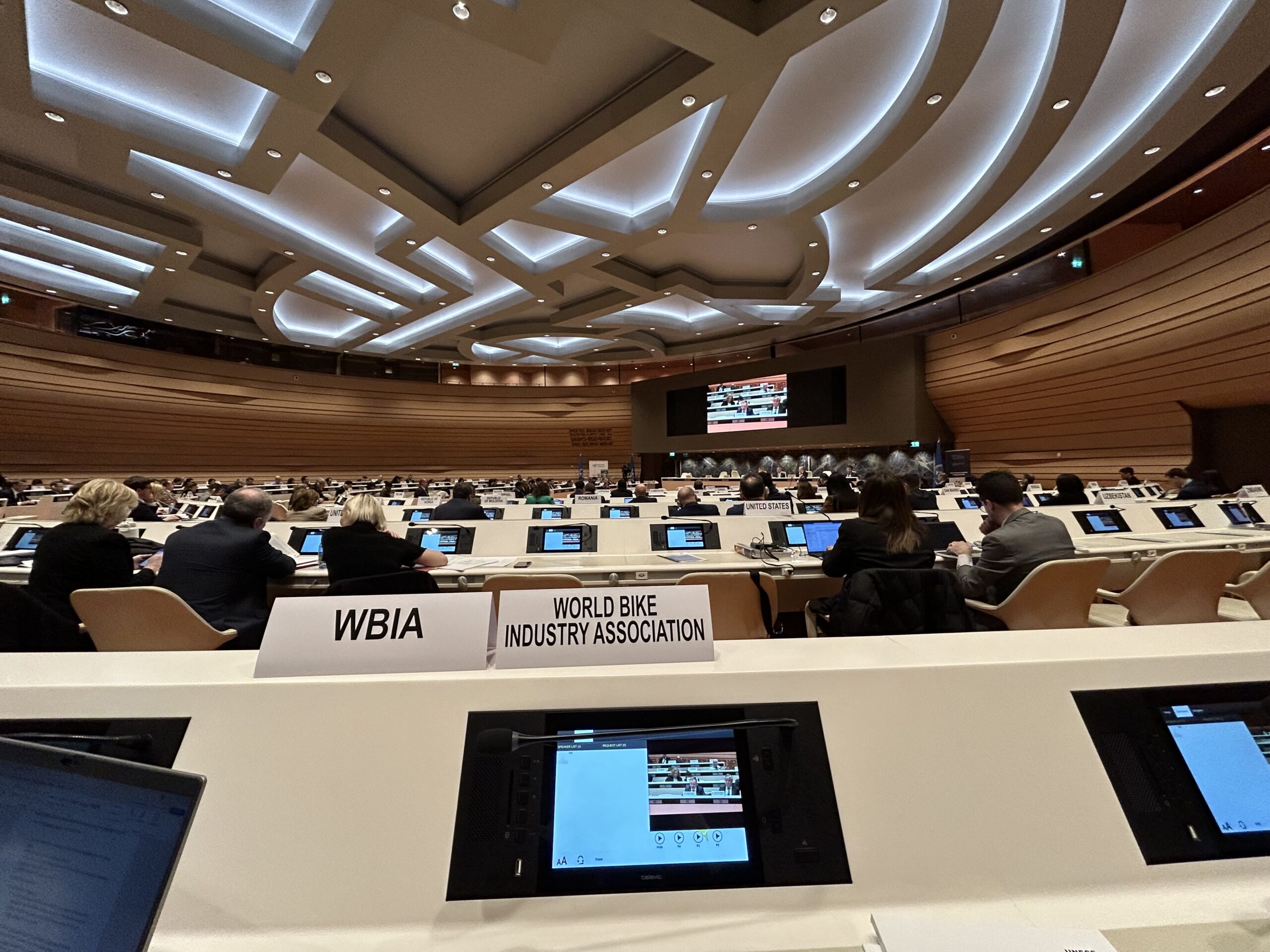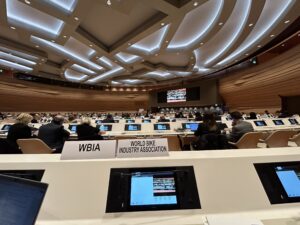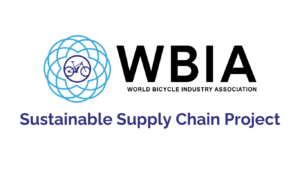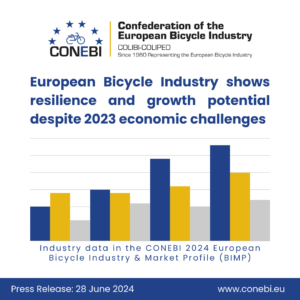Switzerland, 20 February 2025 – WBIA and CONEBI participated to the United Nations’ 87th session of the Inland Transport Committee (ITC), under the theme “Successes and Challenges for Inland Transport on the Road to 2030”, on the 11th and 12th of February. Meeting annually in Geneva, the ITC plays a crucial role within the UNECE (United Nations Economic Commission for Europe), in shaping international transport policy and promoting sustainable mobility. Bringing together ministers, policymakers, industry stakeholders and international organizations, the ITC sessions provide a platform for high-level discussions about transport challenges and policy priorities. This year, the Ministerial Roundtable was hosted by the Ministry of Infrastructure of the Netherlands and the Ministry of Transport of the Republic of Turkey.
Bayram Akgül, WBIA President, said: “working and supporting the activities of the United Nations is a key competence of WBIA. The United Nations strategy on Reducing Greenhouse Gas Emissions from Inland Transport, the Global Forum for Road Traffic Safety and the World Forum for the Harmonization of Vehicle Regulations, together with the follow-up implementation phase of the Pan-European Masterplan for Cycling Promotion, are some of the UN instruments with huge potential for the widespread adoption of cycling at global level, taking into consideration that mobility is undergoing a path of considerable transformation’’.
WBIA was invited to speak at the Ministerial symposium “Towards the Global Decade for Sustainable Transport: a Strategic Future Perspective”, chaired by the Ministry of Infrastructure of the Netherlands. On behalf of WBIA, Manuel Marsilio highlighted the contribution of Cycling to the fight against climate change and the necessity to recognize its pivotal role to green jobs and the environment in the ongoing mobility and industrial transition.
Manuel Marsilio stated: “The climate crisis is no longer a distant threat—it is an urgent reality. The increasing frequency of extreme weather events, rising global temperatures, and worsening air pollution require immediate action. Transport is a major contributor to greenhouse gas emissions, and without drastic change, we risk exacerbating the crisis further. Cycling presents a scalable, low-carbon alternative that must be fully integrated into national and multilateral transport strategies if we are willing to seriously mitigate these alarming developments.”
On behalf of WBIA, he explored how the UN Decade of Sustainable Transport (2026-2035) could shape policies, regulations, and innovations to make transport safer, more sustainable, and digitally connected. From advancing the first-ever global definition of a cycle—paving the way for broader recognition of pedal-assist e-bikes beyond European regulations—to highlighting the significance of June 3rd, the International Bicycle Day, as a key opportunity to promote cycling on a global scale; Manuel Marsilio dived into key topics that are expected to be on the UN agenda.
WBIA has indeed been at the forefront of advocacy efforts to support the definition of “cycle” at world level: if endorsed, the definition will be circulated for approval among the UN Parties, with formal adoption into the Vienna Convention likely anticipated by Spring 2026.
WBIA looks forward to the official adoption and reaffirms its commitment to advancing Cycling and the Cycling Industry as a key sustainable solution, among others, to address the urgency of the climate crisis.
For more information, please contact:
Manuel Marsilio, General Manager – CONEBI
Daniela Leveratto, Technical Director – CONEBI





